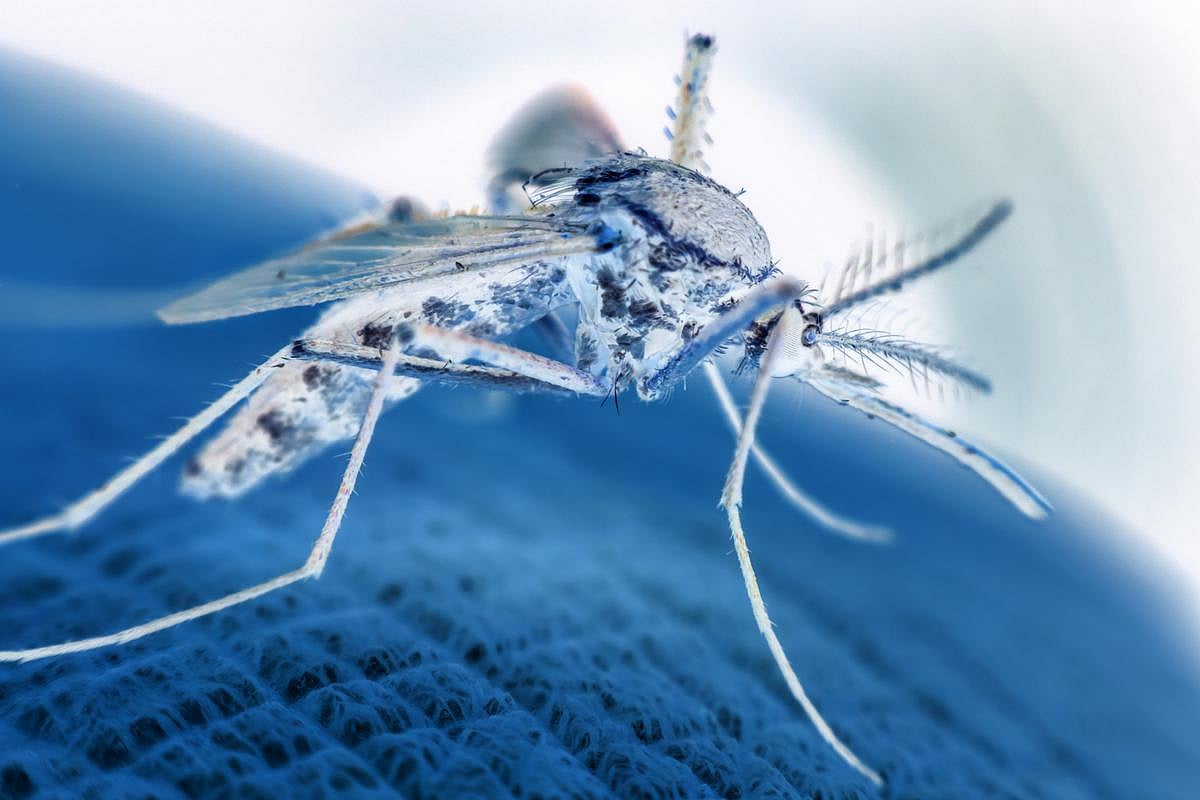Manténgase sano!

- Ernie Mundell
- Posted November 14, 2024
Malaria Developing Resistance to Drug That Saves Children's Lives
Over 600,000 people worldwide die from mosquito-borne malaria each year, with the majority of these deaths happening among children under 5.
Now, there's troubling news that the malaria parasite may be gaining resistance against artemisinin, the drug most often used to try and save these young lives.
“This is the first study from Africa showing that children with malaria and clear signs of severe disease are experiencing at least partial resistance to artemisinin,” said study co-author Dr. Chandy John, who directs Indiana University's Ryan White Center for Infectious Diseases and Global Health, in Indianapolis.
“It’s also the first study showing a high rate of African children with severe malaria experiencing a subsequent malaria episode with the same strain within 28 days of standard treatment with artesunate, a derivative of artemisinin, and an artemisinin combination therapy [ACT]," John added.
Researchers presented their findings Thursday at the annual meeting of the American Society of Tropical Medicine and Hygiene in New Orleans. The findings were published simultaneously in the Journal of the American Medical Association.
As the researchers explained in a meeting news release, the advent of artemisinin therapies two decades ago revolutionized malaria care.
Plasmodium falciparum, the microscopic parasite that causes malaria, had grown resistant to standard medications, but artemisinin could swiftly cure the illness.
But by 2008, there were already signs that P. falciparum was also developing resistance to the newer drug. Cases in Cambodia showed partial resistance to the drug and by 2013 there were instances where artemisinin completely failed to help infected patients.
In the new study, partial resistance to artemisinin was found in 11 of 100 Ugandan children treated, John and colleagues reported. The treatment time needed to clear children of the parasite was also much longer in many cases.
These children ranged in age from 6 months to 12 years and were all being treated for “complicated” malaria -- illness with signs of potentially life-threatening symptoms such as anemia or brain complications.
As well, 10 children whose malaria was thought to have been cured saw a recurrence of the illness within a month, suggesting that artemisinin hadn't wiped the parasite out after all.
All of the children did eventually recover. However, lab analysis determined that 10 carried forms of P. falciparum that harbored the same resistance mutations seen in resistant cases in Southeast Asia, the researchers said.
That's the first time they've been spotted in African children with severe malaria, the team noted.
Many of the children were also treated with a second (non-artemisinin) drug, lumefantrine. But a high number of kids who got the two-drug combination therapy also saw their illnesses come back, suggesting that the malaria parasite might be developing resistance to lumefantrine, too.
“The fact that we started seeing evidence of drug resistance before we even started specifically looking for it is a troubling sign,” John noted. “We were further surprised that, after we turned our focus to resistance, we also ended up finding patients who had recurrence after we thought they had been cured.”
More information
Find out more about malaria at the World Health Organization.
SOURCE: American Society of Tropical Medicine & Hygiene, news release, Nov. 14, 2024





